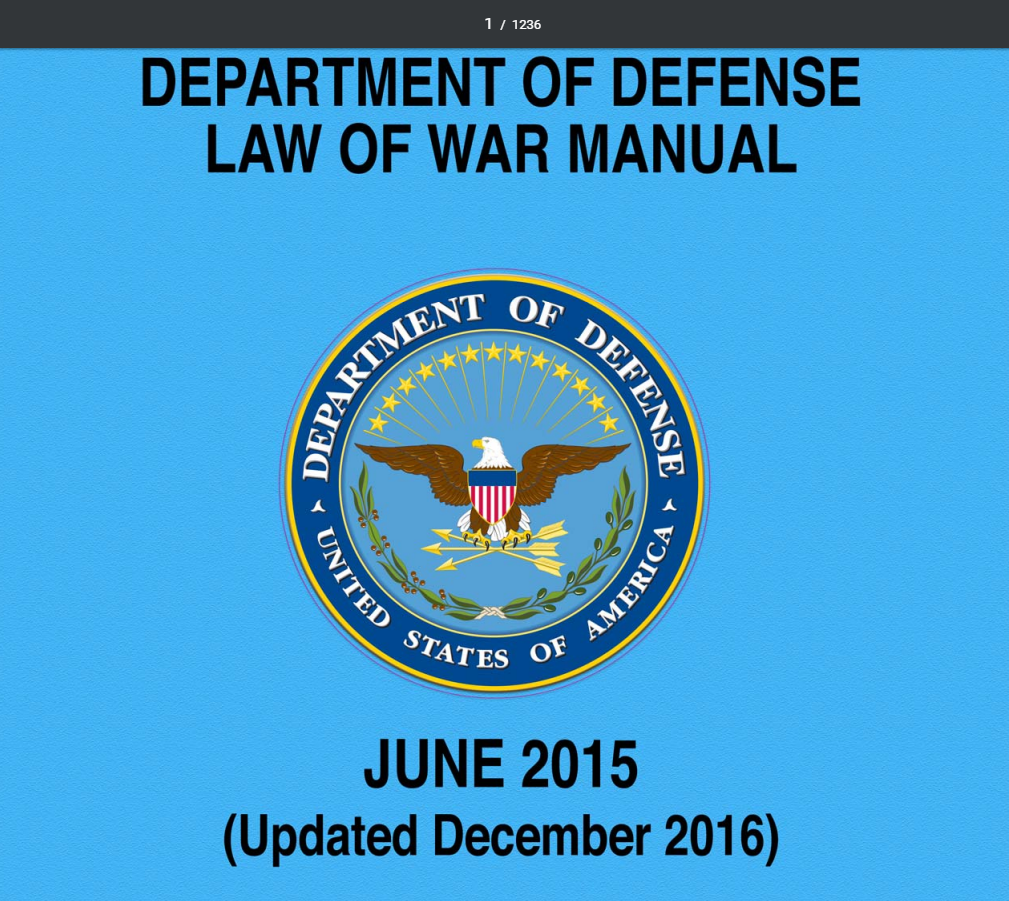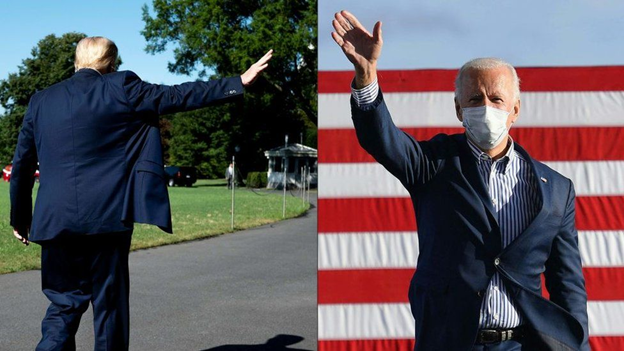igerency” is a term used in international law to indicate the status of two or more entities, generally sovereign states, being engaged in a war. Wars are often fought with one or both parties to a conflict invoking the right to self-defence under Article 51 of the United Nations Charter[4] (as the United Kingdom did in 1982 before the start of the Falklands War[5]) or under the auspices of a United Nations Security Council resolution (such as the United Nations Security Council Resolution 678, which gave legal authority for the Gulf War). state of belligerency may also exist between one or more sovereign states on one side and rebel forces, if such rebel forces are recognised as belligerents. If there is a rebellion against a constituted authority (for example, an authority recognised as such by the United Nations), and those taking part in the rebellion arenot recognized as belligerents, the rebellion is an insurgency.[6] Once the status of belligerency is established between two or more states, their relations are determined and governed by the laws of war.[7]
I have wrestled with this, for at least three years or more and listened quietly while those who I respect; and also, greatly value their knowledge debate the meaning of “domestic enemies”. And what am I referring to? The Oath to protect the US Constitution. Below is the military Oath and yes, those in the Congress and Senate also swear an Oath to protect the Constitution. However, from my mile high view as a Canadian, those within the Military are the only ones prepared to defend that Oath. So, why would I be concerned as a Canadian you might ask? I too took an Oath to defend the US Constitution. Why would I do that? Canada does not have a ratified Constitution (Quebec refused to sign). That is another conversation for another day.
I, _____, do solemnly swear (or affirm) that I will support and defend the Constitution of the United States against all enemies, foreign and domestic; that I will bear true faith and allegiance to the same; and that I will obey the orders of the President of the United States and the orders of the officers appointed over me, according to regulations and the Uniform Code of Military Justice. So help me God.” (Title 10, US Code; Act of 5 May 1960 replacing the wording first adopted in 1789, with amendment effective 5 October 1962).
So, back to my original issues – I don’t believe many of us need a great deal of help as to WHO the domestic enemies are and as for the International – please, refer to my earlier thread (HERE https://milvetsandpatriots.com/2021/01/trump-ode-to-the-corporation/); as the US are not alone in this battle. A substantial portion of the world share the same International “enemies”. However, how do we/US follow through legally in handling the “domestic enemies” and I believe this is the direction that can be implemented – Department of Defense – Law of War, Manual. But, you be the judge.
Per: Wikipedia
“Belligerency” is a term used in international law to indicate the status of two or more entities, generally sovereign states, being engaged in a war. Wars are often fought with one or both parties to a conflict invoking the right to self-defence under Article 51 of the United Nations Charter (as the United Kingdom did in 1982 before the start of the Falklands War) or under the auspices of a United Nations Security Council resolution (such as the United Nations Security Council Resolution 678, which gave legal authority for the Gulf War).
A state of belligerency may also exist between one or more sovereign states on one side and rebel forces, if such rebel forces are recognised as belligerents. If there is a rebellion against a constituted authority (for example, an authority recognised as such by the United Nations), and those taking part in the rebellion are not recognized as belligerents, the rebellion is an insurgency. Once the status of belligerency is established between two or more states, their relations are determined and governed by the laws of war.
Per: Merriam-Webster
Belligerent, Belligerents, and Belligerence
Belligerent may function as either an adjective or a noun. As an adjective, it has two primary meanings, each of which corresponds to the two senses of its noun form.
The older sense (“waging war”) is generally used to refer to the actions or combatants of a nation at war, or to the nation itself (“belligerent operations”; “belligerent troops”; “the belligerent state”); it is paralleled by the earliest sense of the noun, “a nation at war” (“the belligerents assembled at the peace conference”). The second sense of belligerent (“inclined to or exhibiting assertiveness, hostility, or combativeness”), which usually applies to persons or animals, or to their attitudes or actions, likewise parallels the second sense of the noun (“a person taking part in a fight”). A related noun belligerence refers to “an aggressive or truculent attitude, atmosphere, or disposition” that can be either individual or global.
Please take the time to listen to SNAFU Radio below:
(also, read the pinned YT comments)

Law of War – Please note this is the 2015 original document; with inserts “Description of Changes Promulgated on May 31, 2016” .
https://dod.defense.gov/Portals/1/Documents/pubs/DoD%20Law%20of%20War%20Manual%20-%20June%202015%20Updated%20Dec%202016.pdf?ver=2016-12-13-172036-190
